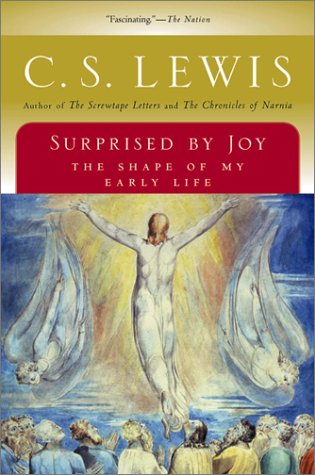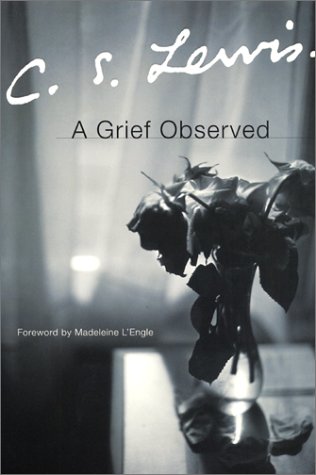According to a USA Today article, Bell makes the following claims:
- Heaven and hell are choices we make and live with right now. "God gives us what we want," including the freedom to live apart from God (hell) or turn God's way (heaven).
- Death doesn't cut off the ability to repent. In his Bible, Bell sees no "infinite, eternal torment for things (people) did in their few finite years of life."
- Jesus makes salvation possible even for people who never know his name. "We have to allow for mystery," for people who "drink from the rock" of faith "without knowing who or what it was.
"Therefore, if any man swear by Tash and keep his oath for the oath’s sake, it is by me that he has truly sworn, though he know it not, and it is I who reward him…Beloved, said the Glorious One, unless thy desire had been for me thou wouldst not have sought so long and so truly. For all find what they truly seek.”I think this goes along with what Bell says - that Jesus makes salvation possible even for people who never know his name. "We have to allow for mystery," for people who "drink from the rock" of faith "without knowing who or what it was."
My first introduction to Bell and Love Wins was the book trailer where he asks about people like Ghandi, who were obviously "good", yet did not "accept Christ." Are they in Hell, as some would claim? Or is there a way for a loving God to make up for this accident of birth? Of course, as a Latter-day Saint, I believe in baptism for the dead, or the idea that good people who never had the chance to hear about Christ will have the opportunity to accept him and be baptized by proxy after they are dead. This resolves the issue for me. God loves every one of His children enough to give the opportunity to accept Him.... however Christ is and always will be the only means whereby salvation is possible.
Pastor Jeff also quotes Rob Bell as follows:
Lewis' Heaven in The Great Divorce also seems to make provision for people who don't deserve to be there, but since death have chosen to be with Christ. Individuals come up from Hell for a tour of Heaven, and if they will submit to the pleadings of the Spirits and choose to stay in Heaven, they can make their way towards God. I think Bell would agree with this philosophy. It seems that there are multiple chances to choose God, even after death.
It’s not ‘Does God get what God wants?’ but ‘Do we get what we want?’ And the answer to that is a resounding, affirming, sure, and positive yes. Yes, we get what we want. God is that loving... If we want hell, if we want heaven, they are ours. That’s how love works. It can’t be forced, manipulated, or coerced. It always leaves room for the other to decide. God says yes, we can have what we want, because love wins.”
This goes along with what Lewis wrote - "There are only two kinds of people in the end: those who say to God, "Thy will be done," and those to whom God says, in the end, "Thy will be done." All that are in Hell, choose it."
Bell's main question seems to be, "Does a loving God really send people to hell for all eternity?" I think Lewis would answer, No, He doesn't. They send themselves.
However, according to the same USA Today article, Bell also writes that, "At the center of the Christian tradition since the first church has been the insistence that history is not tragic, hell is not forever, and love, in the end, wins." An excerpt from the book reads, "No matter how far people find themselves from home because of their sin, indifference, and rejection, there's always the assurance that it won't be this way forever" [source, emphasis in the original]. Lewis I think would disagree with this. While Bell seems to claim that Hell will eventually be empty - that Hell, or "eternal" punishment does not last forever - Lewis shows us a Hell that is sadly still peopled, and despite the best efforts of God and His angels, will remain populated forever. While God will not thrust anyone to Hell, he will not force any one to Heaven either.
So, while there are definite similaries between the two works, there are also important differences - the most obvious to me being the eternal or temporary nature of Hell.
Someday, when I get around to reading Love Wins, I would like to come back and revisit this comparison.
If anyone has read Love Wins, or knows more about it than I do, I would be extremely interested in your thoughts and comments! :)
Someday, when I get around to reading Love Wins, I would like to come back and revisit this comparison.
If anyone has read Love Wins, or knows more about it than I do, I would be extremely interested in your thoughts and comments! :)
{It turns out I'm not the only one who thought of this connection, as a quick Google search informed me. :) In fact, Rob Bell includes The Great Divorce on his list of books for further reading at the end of Love Wins.}














No comments:
Post a Comment